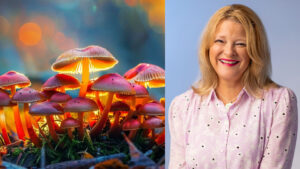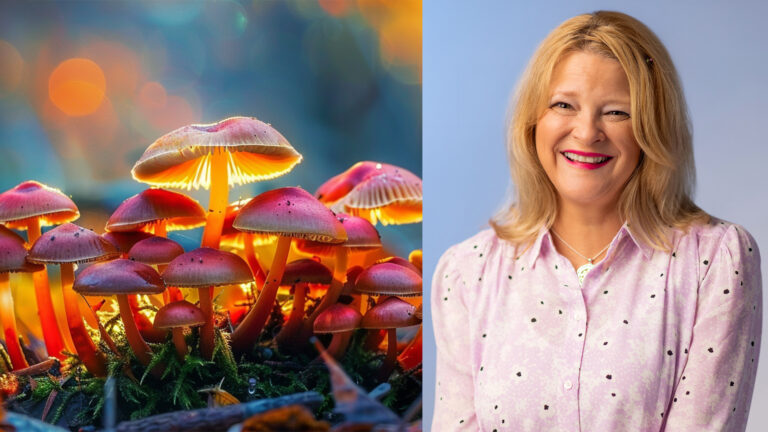Reading is a transformative skill that a kid can learn, unlocking routes to other knowledge. By engaging in scientific reading, children can develop their curiosity, critical thinking skills, and understanding of the natural world. Besides, the ability to read and understand is very crucial for succeeding in science and maths. Learn the following tips to support children’s science learning.
Encourage Children to Record Their Observations
When reading science books, encourage children to record their observations and thoughts in a journal or notebook. This practice helps them develop scientific inquiry skills and enhances their ability to analyze and interpret information. Encourage them to note down interesting facts, questions that arise while reading, and any experiments or activities they would like to try based on the information presented in the book.
Invite Curiosity
Create an environment that fosters curiosity and encourages children to ask questions. Please encourage them to wonder about the world around them and explore the answers through reading. When reading science books, pause at intriguing points and ask open-ended questions that spark their curiosity. Besides, encourage them to share their thoughts and ideas and discuss possible explanations or solutions.
Give Children Time and Space to Explore
Allocate dedicated time for children to explore the topics they are interested in. Please provide them with a quiet, comfortable space for reading and independent research. Allow them the freedom to delve deeper into specific scientific areas by providing them with various science-related books, articles, and online resources. This open-ended exploration allows them to understand better the subjects that pique their interest.
Value Your Child’s Questions
Children naturally have a lot of questions about the world around them. Encourage and value their questions, no matter how simple or complex. Take the time to listen attentively and provide thoughtful answers or guide them towards finding the answers themselves. This fosters a sense of curiosity and inquiry and shows children that their questions are important and valued.
Use Items You Have at Home to Experiment and Explore
You don’t need fancy equipment to conduct science experiments at home. Encourage children to use everyday items to explore scientific concepts. For example, they can use household objects like water, magnets, or food items to conduct simple experiments and observe the results. This hands-on approach reinforces their reading and helps them experience scientific concepts firsthand, making learning more engaging and memorable.
Incorporate STEM-Themed Storybooks
In addition to non-fiction science books, incorporate STEM-themed storybooks into children’s reading materials. These books combine storytelling with scientific concepts and provide a more narrative-based approach to learning about science. They can capture children’s imaginations while introducing scientific ideas in a relatable and enjoyable manner.
Connect Reading to Real-Life Experiences
Help children make connections between what they read and their everyday experiences. Encourage discussions about how scientific concepts apply to their lives and their world. For example, when reading about plants, take them on a nature walk and encourage them to observe and identify different plants. This practical application reinforces their understanding of scientific concepts and makes them more meaningful.







